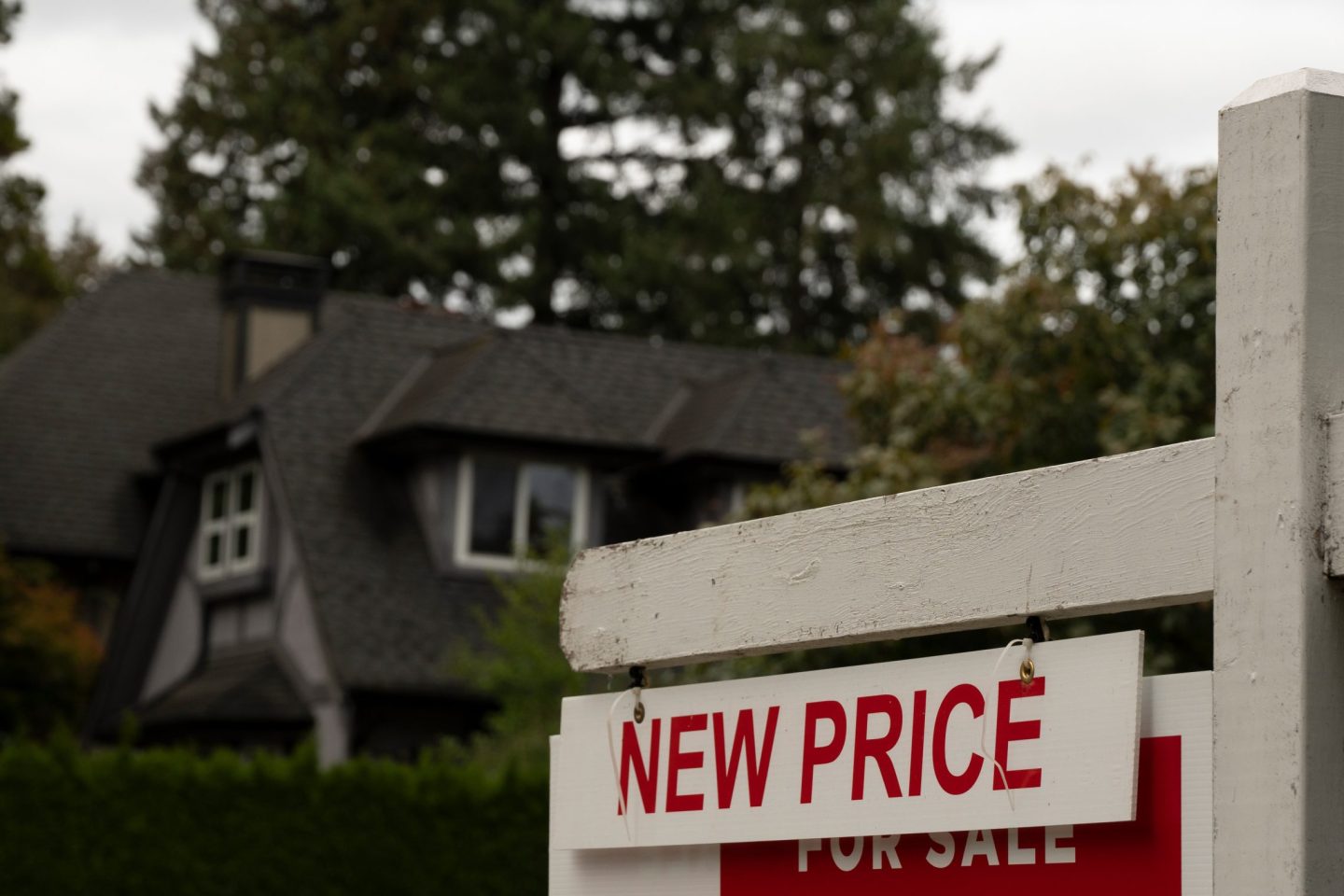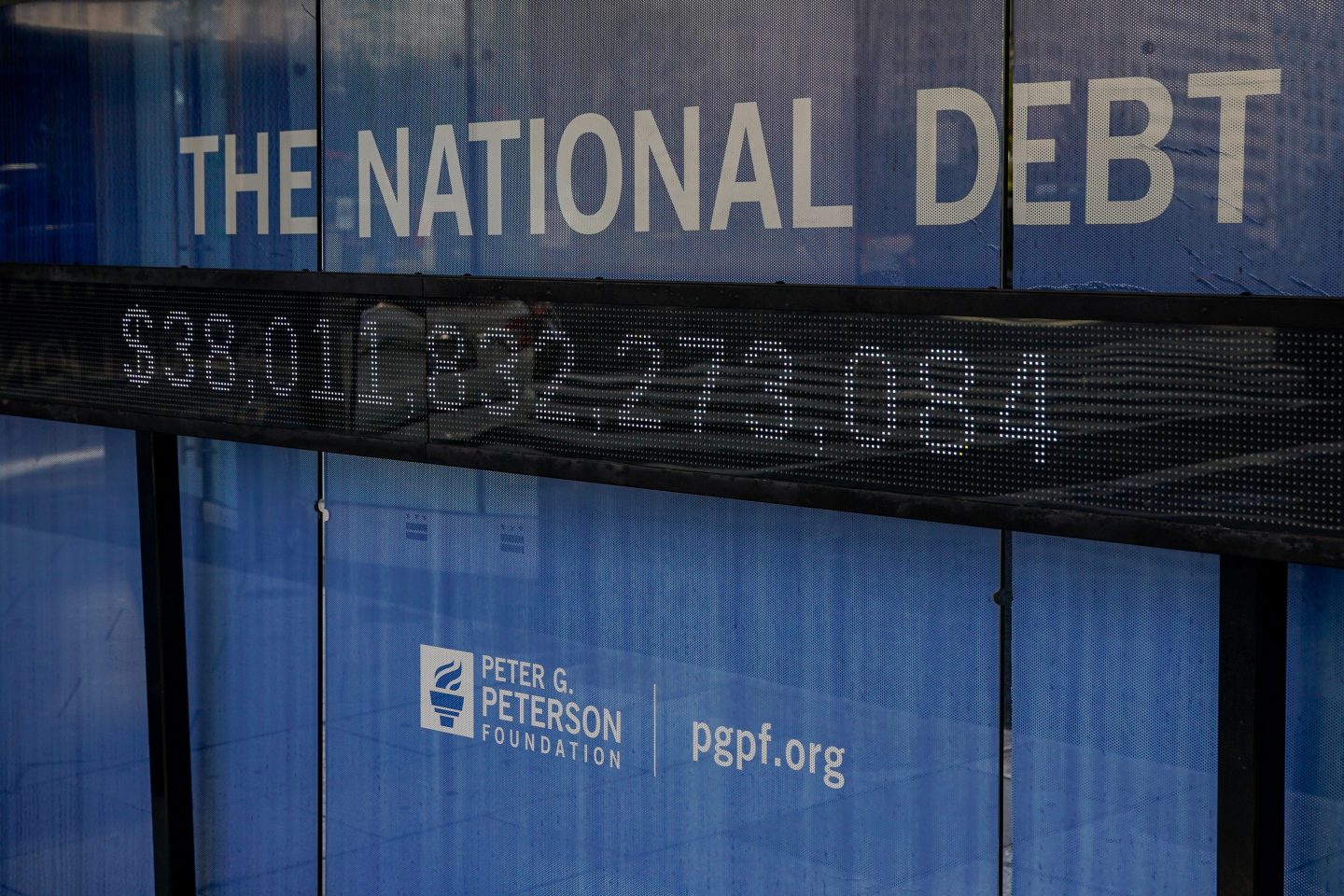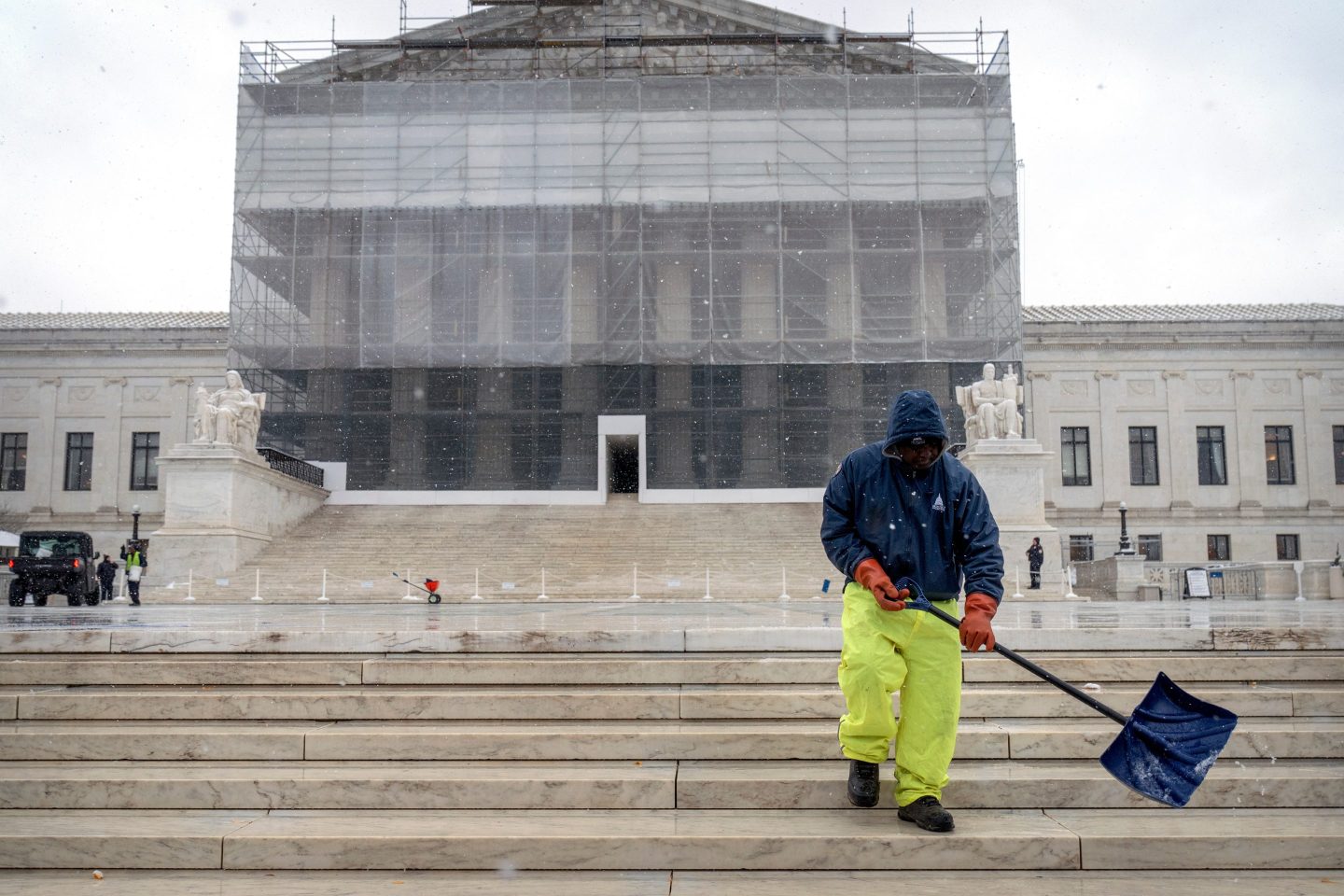Here’s a new one: A business that isn’t demanding tax relief.
Quite the opposite, in fact. Executives of homebuilder D.R. Horton said this week they would rather not see another homebuyer tax credit, even as they blamed the expiration of a big tax break for their latest sales slowdown.

On a conference call Tuesday morning, CEO Don Tomnitz dismissed the tax-fueled gains the industry saw over the past year as “abnormal” and said it was time to get down to the business of making longer-term plans.
“Frankly, I don’t want the tax credits to be re-enacted or be recreated or extended,” Tomnitz said. “We want to get back to a normalized market. It’s a lot easier to run a business based upon designing your business with the current demand I suppose than having any kind of stimulus or incentives to create abnormal demand.”
The comments come as the housing market resumes its decline, following the expiration of incentives that gave new homebuyers as much as $8,000 in tax offsets for 2008 and 2009. The tax credit applied to closings that took place by June 30.
D.R. Horton’s chairman, Donald Horton, said this spring’s scheduled end of the tax breaks hit the company’s sales in the second quarter, when it swung to a $51 million profit from a year-ago $144 million loss.
“As we expected, market conditions in the homebuilding industry have become more challenging after the expiration of the tax credit at the end of April,” Horton said. “Our net sales orders declined significantly in May and improved modestly in June and July.”
If anything, the tax credit’s demise is overdue. It has been gamed by some unscrupulous types and is widely seen as having failed to stimulate demand for houses, which remain overpriced in many markets and accordingly are in abundant oversupply.
What’s more, the homebuilders have gotten plenty of other tax breaks in the recent bust, including one that extends the period over which they can use housing-bust losses to defray future tax bills.
This is typical recession-response stuff, but it certainly doesn’t help break the destructive cycle in which Americans overinvest in things they already have too many of, like houses and cars and banks.
And so the kind of “normalized market” that Tomnitz & Co. are likely to return to could be a grim one for investors. D.R. Horton shares have lost two-thirds of their value since the housing bubble’s heyday in 2006, even as the company has slashed its housing inventory and built its cash position to $1.7 billion.
Expect the company and its peers to keep socking money away for a rainy day, because quite a few of those appear to be ahead.
(HT CalculatedRisk)











